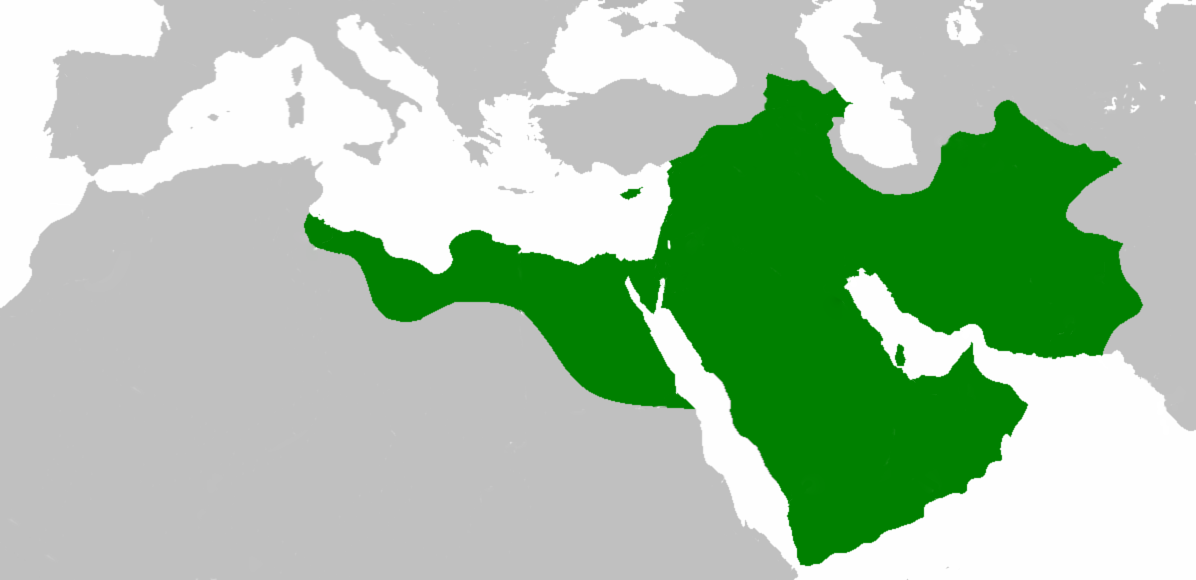 |
This movie came out in 1992 and came on VHS in '93.
Feel old yet? |
Hello Internet, follow me as I take you to a "far away place, where the caravan camels roam. Where the dunes are immense and the heat is intense." It's Arabia guys, I'm taking you to Arabia today. The reason I'm taking you to Arabia is because this week we are analyzing the possible time frame in which Aladdin takes place. So get your magic carpets and join as I show you a "whole new world" and a whole new POV on Aladdin.
 |
| Agrabah is Somewhere in this General area |
So this shouldn't come as a shock to us as we all know that Aladdin takes place in Arabia during the Middle Ages. How can we discern this, well aside from the fact that the first song of the movie is called ARABIAN Nights, I think it's safe to assume that Agrabah is a kingdom on the Arabian peninsula. As for the reasoning behind the Middle Ages, well as I said in my blog on Mulan, Disney has a fascination for the Middle Ages. Also the original story was written during the Abbasid Dynasty in a collection of stories called One Thousand and One Arabian Nights and Disney loves trying to stick to their source material as we have also seen. Despite a few hiccups here and there with the continuities of the Arab world in the Middle Ages, they were quite right on some things.
 |
"Tonight the part of Aladdin will
be played by a sinister ugly man."
-Genie |
Let's start with Jafar, the Sultan's advisor who longs to rule the kingdom (hey another advisor seeking power). AS we see in the movie, Jafar practically controls the Sultan and uses him to accomplish his nefarious deeds. Now is this accurate with the real thing, were advisors really using Sultans as a means to carry out their deeds. Well surpassingly yes. As the threat of assassination from future heirs or rival kings proved too great for the mighty Sultans, they would lock themselves into the lavish living place known as their palace. Now as we see throughout the movie the Sultan never really leaves his palace for anything and trusts his advisor Jafar, who clearly can go anywhere he want and do what he want and the Sultan would never know. So is the Sultan stupid? No he is just way too trusting and really ignorant to the world around him.

Another question I can see being raised by you readers is, if the Arabian peninsula at this time is ruled by the Abbasid dynasty, why does the Sultan of Agrabah have autonomous rule? Is he actually the Sultan of the Abbasid dynasty and Agrabah is just Disney's way of saying Abbasid? Ok firstly, slow down and you will realize that Agrabah is a city, not an empire. Secondly, it is worth noting that because of rivalries among Princes and other kingdoms the Abbasid Dynasty was actually a fractured empire. By 820 a group known as the Samanids were beginning to excursive their independence and although the Abbasid were able to recover modestly, they still suffered greatly and eventually, many different groups of Princes and governors took control of vast territories and fractured the empire internally. It is also worth noting one minor little detail in the song Prince Ali, "He faced the galloping hordes, a hundred bad guys with swords." Now let's pause and think, who would be referred to as the galloping hordes? If you said wait for it... "The Mongols" then you would be correct. At the time of the fall of Baghdad in 1258 the Mongol Empire was wreaking havoc on the world, but the y never took over Arabia. My theory is that Agrabah is a survivor of the Mongol hordes after the battle Ain Jalut (1260) in modern day Israel, which prevented the Mongols from taking over Egypt and North Africa.
 |
"They're finally getting married."
-Genie (Aladdin and the King of Thieves) |
So in the end I can officially determine that Aladdin and Jasmine get married around the 1270s, after the heroic victory and placing them 200 years before tangled and Frozen, and 100 years after the events in Mulan. Thank you all for Journeying with me to Agrabah, and join me next week as I choose to tackle The Hunchback of Notre Dame and see how it mirrors the Spanish Inquisition. Until next week friends.




No comments:
Post a Comment